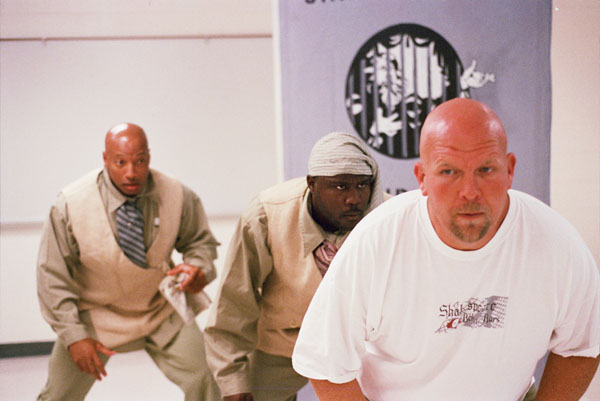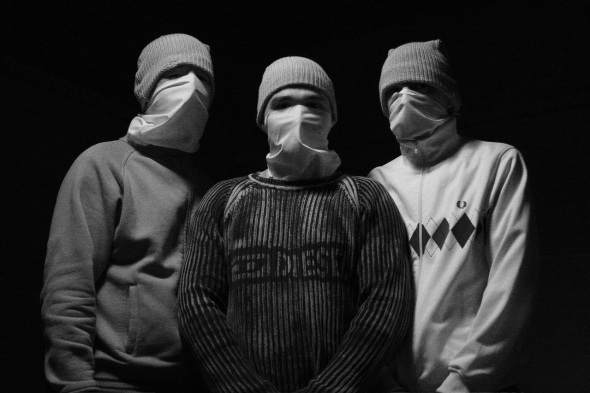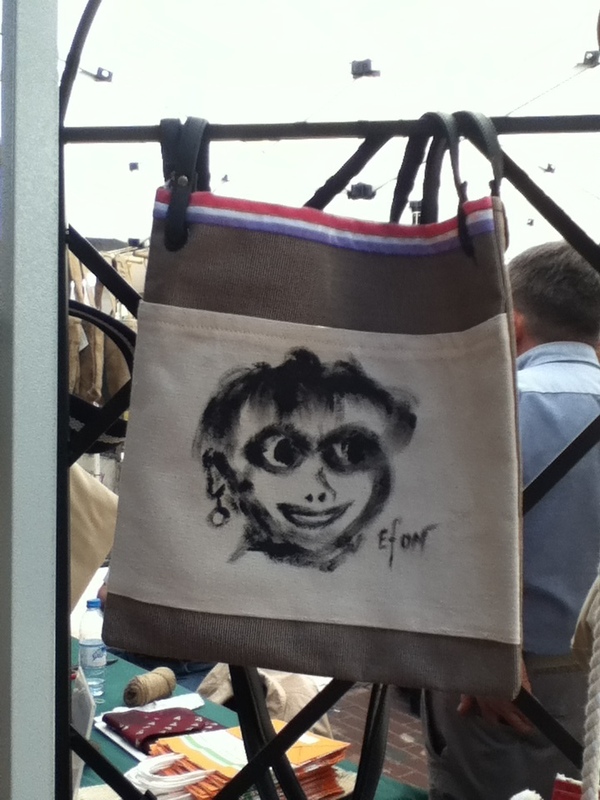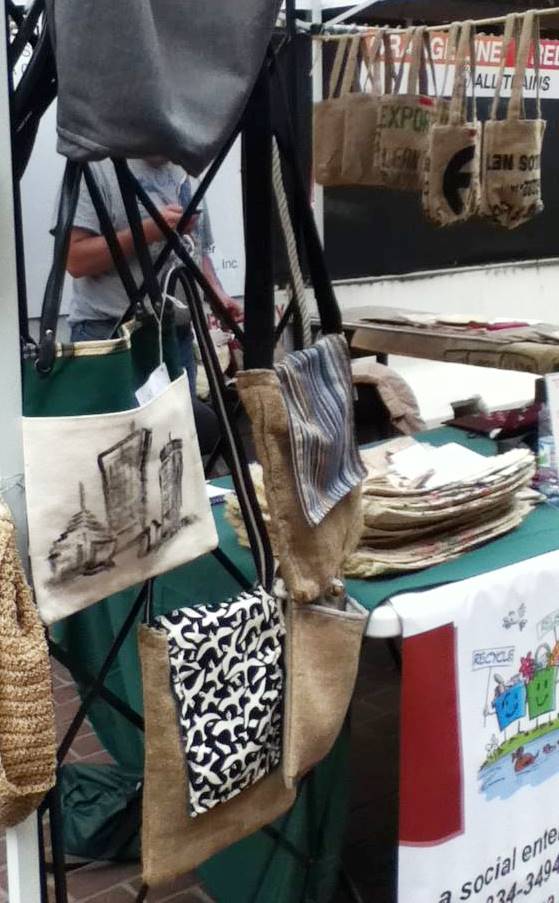As the holidays approach, some of us may be looking for a book to buy for those we know interested in prison issues. From The Inside-Out website I've added this booklist that I think is fairly comprehensive about prison. Inside-Out is a uique educational programs that pairs student-learners and prison-students in a correctional setting where they study college-level issues intersting to all involved. I've also added a few of my own suggestions and some from Lois Ahrens at The Real Cost of Prisons Project
Suggested Readings
| Classic Works on Prison | ||
| Discipline and Punish: The Birth of the Prison | Michael Foucault | |
| Memoirs from the House of the Dead | Fyodor Dostoevsky | |
| The Oxford History of the Prison | Norval Morris and David J. Rothman | |
| The Prison and the Gallows | Marie Gottschal | |
| When the Prisoners Ran Walpole | Jamie Bissonette w/ Ralph Hamm, Robert Dellelo, and Edward Rodman | |
| Are Prisons Obsolete | Angela Y. Davis | |
| The New Jim Crow: Mass Incarceration in the Age of Color-Blindness | Michelle Alexander | |
| Criminal Justice Process | ||
| Courtroom 302 | Steve Bogira | |
| Indefensible | David Feige | |
| Education | ||
| Blink | Malcolm Gladwell | |
| The Courage to Teach | Parker Palmer | |
| Education is Translation | Alison Cook-Sather | |
| A Pedagogy for Liberation | Ira Shor and Paulo Freire | |
| Pedagogy of the Oppressed | Paulo Freire | |
| Teaching to Transgress | bell hooks | |
| The Tipping Point | Malcolm Gladwell | |
| To Know as We Are Known | Parker Palmer | |
| We Make the Road by Walking | Myles Horton and Paulo Freire | |
| Education in Prison | ||
| Pell Grants for Prisoners | Jon Marc Taylor | |
| Schooling in a “Total Institution” | Howard S. Davidson | |
| Education Behind Bars: A Win Win Strategy for Mximum Security | Christopher Zoukis | |
| Family, Children and Re-Entry | ||
| After Crime and Punishment | Shadd Maruna and Russ Immarigeon | |
| All Alone in the World | Nell Bernstein | |
| Beyond Prisons | Laura Magnani and Harmon L. Wray | |
| Crime and Family | Joan McCord | |
| Doing Time on the Outside | Donald Braman | |
| Invisible Punishment | Marc Mauer | |
| Prisoners Once Removed | Jeremy Travis and Michelle Waul | |
| Random Family | Adrian Nicole LeBlanc | |
| Jails | ||
| Inside Rikers | Jennifer Wynn | |
| The Jail | John Irwin | |
| Juveniles | ||
| Juvenile | Joseph Rodriguez | |
| Sleepers | Lorenzo Carcaterra | |
| True Notebooks | Mark Salzman | |
| Memoirs | ||
| Brothers and Keepers | John Edgar Wideman | |
| Chasing Justice | Kerry Max Cook | |
| Crime and Punishment: Inside Views | Johnson and Toch | |
| Descent Into Madness | Mike Rolland | |
| In the Belly of Beast: Letters from Prison | Jack Henry Abbott | |
| Iron House | Jerome Washington | |
| Makes Me Wanna Holler | Nathan McCall | |
| Manny: A Criminal Addict’s Story | Richard P. Rettig | |
| Monster: The Autobiography of an L.A. Gang Member | Sanyika Shaur | |
| Newjack: Guarding Sing Sing | Ted Conover | |
| You Got Nothing Coming | Jimmy A. Lerner | |
| Orange is the New Black | Piper Kerman | |
| Upper Bunkies Unite: And Other Thoughts on the Politcs of Mass Incarceration | Andea James | |
| Crossing The Yard: Thirty Years as a Prison Volunteer | Richard Shelton | |
| Men and Prisons | ||
| Prison Masculinities | Don Sabo, Terry A. Kupers, Willie London | |
| The Violence of Men | Cloe Madanes | |
| Prison Books by Incarcerated or Formerly Incarcerated People | ||
| Behind Bars: Surviving Prison | Jeffrey Ian Ross, Stephen C. Richards | |
| Convict Criminology | Jeffrey Ian Ross, Stephen C. Richards | |
| The Fellas: Overcoming Prison and Addiction | Charles M. Terry | |
| Life Sentences: Rage and Survival Behind Bars | Wilbert Rideau and Ron Wikberg | |
| Life Without Parole | Victor Hassine | |
| The Soul Knows No Bars | Drew Leder | |
| Live from Death Row | Mumia Abu Jamal | |
| Doing Time: Twenty-five Years of Prison Writing | Bell Gale Chevigny | |
| Race and Ethnicity | ||
| Code of the Street | Elijah Anderson | |
| The Color of Justice | Samuel Walker, Cassia Spohn, William DeLone | |
| Fist Stick Knife Gun | Geoffrey Canada | |
| Guns, Violence, and Identities Among African American and Latino Youth | Deanna L. Wilkinson | |
| Images of Color, Images of Crime | CoraMae Richey Mann, Marjorie S. Katz, Nancy Rodriguez | |
| In Search of Respect | Phillipe Bourgois | |
| Killing Rage, Ending Racism | bell hooks | |
| No Equal Justice | David Cole | |
| Racial Healing | Harlon L. Dalton | |
| Savage Inequalities | Jonathan Kozol | |
| Young, Black and Male in America | Jewelle Taylor Gibbs | |
| Restorative Justice | ||
| Doing Life: Reflections of Men and Women Serving Life Sentences | Howard Zehr | |
| Healing Our Imprisoned Minds | Patrick Middleton | |
| The Little Book of Restorative Justice for People in Prison | Barb Toews | |
| Transcending: Reflections of Crime Victims | Howard Zehr | |
| Studies of Prison Issues | ||
| America’s Prisons, Opposing Viewpoints | Opposing Viewpoints Series | |
| A Plague of Prisons | Ernest Drucker | |
| Confronting Confinement | John J. Gibbons, Nicholas de B. Katzenbach | |
| Crime and Punishment in America | Elliot Currie | |
| Downsizing Prisons | Michael Jacobson | |
| Gates of Injustice | Alan Elsner | |
| Going Up the River: Travels in a Prison Nation | Joseph T. Hallinan | |
| Hard Time Blues | Sasha Abramsky | |
| Hard Time, Understanding and Reforming the Prison | Robert Johnson | |
| Imprisoning Communities | Todd Clear | |
| Ironies of Imprisonment | Michael Welch | |
| It’s About Time, America’s Imprisonment Binge | James Austin and John Irwin | |
| Lockdown America | Christian Parenti | |
| Prison Nation: The Warehousing of America’s Poor | Tara Herivel and Paul Wright | |
| Prisons and Jails: A Reader | Richard Tewksbury and Dean Dabney | |
| Prisons and Prison Life | Joycelyn M. Pollock | |
| Race to Incarcerate | Marc Mauer | |
| The Real War on Crime | Steven R. Donziger | |
| Total Confinement | Lorna A. Rhodes | |
| The Warehouse Prison | John Irwin | |
| Resistance Behind Bars: Struggles of Incarcerated Women | Vikki Law | |
| Incarceration Generation | Justice Policy Institute | |
| The Arts and Prisons | ||
| The Crying Wall and Other Prison Stories | Victor Hassine, Robert Johnson and Ania Dobrzanska | |
| Guilty Reflections: One Boy One Man | Terrell Carter | |
| Justice Follies | Robert Johnson | |
| Only the Dead Can Kill | Margo Perin | |
| Poetic Justice | Robert Johnson | |
| Prison Writing in 20th Century America | H. Bruce Franklin | |
| Shakespeare Behind Bars | Jean Trounstine | |
| The Real Cost of Prison Comix | Kevin Pyle, Susan Willmarth, Sabrina Jones, Ellen Miller-Mack, Craig Gilmore and Lois Ahrens. | |
| Cellblock Visions | Phyllis Kornfeld | |
| Performing New Lives: Prison Theatre | Jonathan Shailor | |
| Shakespeare Saved My Life: ten Years in Solitary with the Bard | Laura Bates | |
| Violence | ||
| Preventing Violence | James Gilligan | |
| Violence, Our Deadly Epidemic and Its Causes | James Gilligan | |
| Women and Prisons | ||
| Couldn’t Keep it To Myself | Wally Lamb | |
| The Criminal Justice System and Women | Barbara Raffel Price and Natalie Sokoloff | |
| In Her Own Words | Leanne Fiftal Aarid, Paul Cromwell | |
| I'll Fly Away | Wally Lamb | |
| Inner Lives | Paula C. Johnson | |
| Life on the Outside | Jennifer Gonnerman | |
| No Safe Haven | Lori B. Girshick | |
| Women in Prison | Kathryn Watterson | |
| A World Apart | Cristina Rathbone | |
| Interrupted Life: Experiences of Incarcerated Women in the United States |
Rickie Solinger, Paula C. Johnson, Martha L. Raimon and Tina Reynolds |
|
| Other Related Books | ||
| Finding A Voice: The Practice of Changing Lives Through Literature | Jean Trounstine and Robert Waxler | |
| Thinking About Crime | Michael Tonry | |
| More Philadelphia Murals and the Stories They Tell | Jane Golden, Robin Rice, and Natalie Pompillo | |
| Philadelphia Murals and the Stories They Tell | Jane Golden, Robin Ride, and Monica Yant Kinney | |
| Values Clarification | Sidney B. Simon, Leland W. Howe, Howard Kirschenbaum | |
| How to Change the World: Social Entrepreneurs and the Power of New Ideas | David Bornstein | |






.png)
